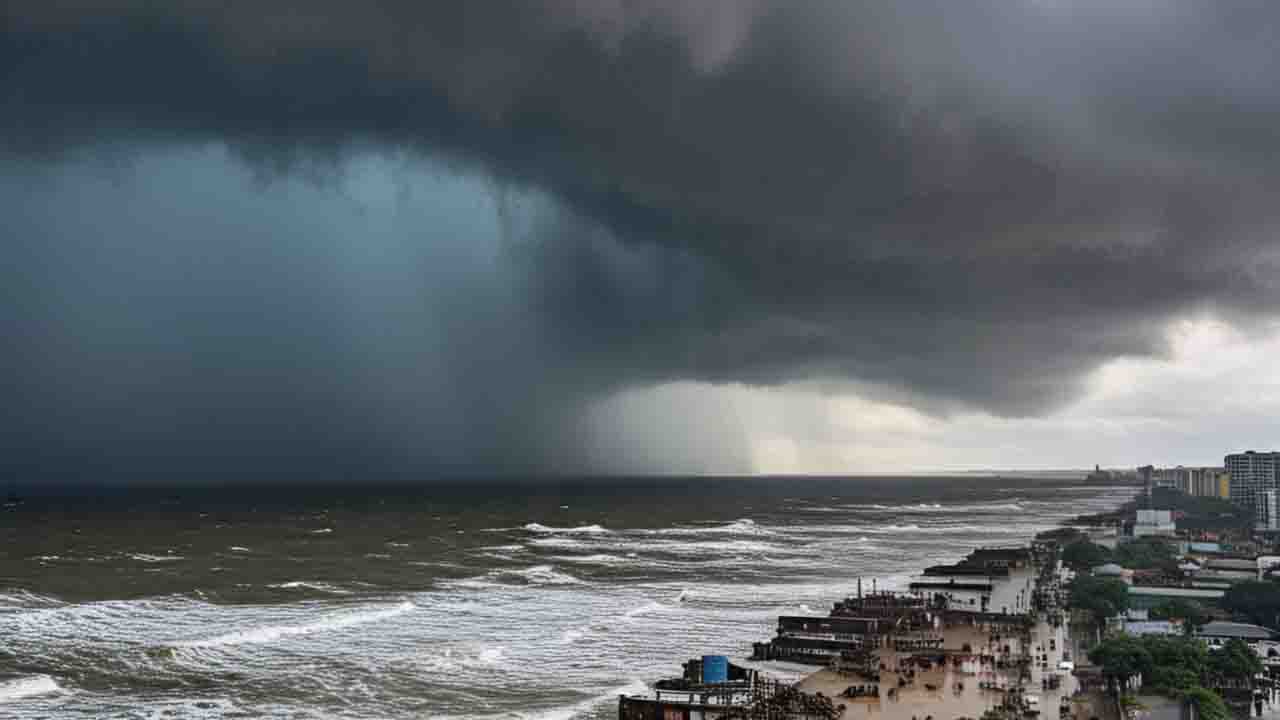
Resilienceapac – Climate and poverty are colliding more severely than ever in the Asia-Pacific region, putting hard-won gains in poverty reduction and food security at serious risk. As extreme weather events such as droughts, typhoons, and floods become more frequent and intense. They are disproportionately affecting low-income and rural communities, deepening cycles of inequality and economic vulnerability.
Across Asia-Pacific, rising temperatures and erratic weather have led to widespread crop failures, water shortages, and food price inflation. These impacts have slowed or even reversed progress in reducing hunger and poverty in countries like Bangladesh, Myanmar, and the Philippines. The poorest populations, with limited access to safety nets and adaptation tools, are left most exposed to the growing threats.
The economic cost of confronting this dual crisis is soaring. Experts estimate that Asia will need between US$102 billion and US$431 billion annually to fund climate adaptation and mitigation efforts. However, current climate financing in the region stands at just US$34 billion per year, revealing a massive shortfall.
“Terminal Madness: David Mitchell’s War on Air Travel”
This funding gap means many countries are forced to divert limited public resources from essential sectors like education and healthcare toward emergency climate responses. As a result, poverty reduction programs are under pressure, weakening the region’s ability to build long-term resilience. The overlap of climate and poverty issues is not just an environmental concern; it’s an economic emergency.
To address the intertwined crises of climate and poverty, governments and international institutions must invest in inclusive, community-based solutions. This includes building climate-resilient infrastructure, supporting sustainable agriculture, and expanding social protection systems.
More importantly, the voices of vulnerable communities must be central to climate policy decisions. Only by aligning adaptation efforts with poverty alleviation strategies can the region hope to break the cycle and build a more resilient future for all.
“Logistics Costs Surge by Up to 20% Due to Global Crisis”
Resilience APAC: Asia-Pacific Hub for Reform - climate risk planning data analytics plays a crucial role in helping organizations anticipate…
Resilience APAC: Asia-Pacific Hub for Reform – Climate-ready energy systems industry innovations are reshaping how factories and plants generate and…
Resilience APAC: Asia-Pacific Hub for Reform - resilient energy systems climate adaptation is becoming a critical focus as climate change…
Resilience APAC: Asia-Pacific Hub for Reform - industrial policy trends shaping economic landscapes worldwide are playing a crucial role in…